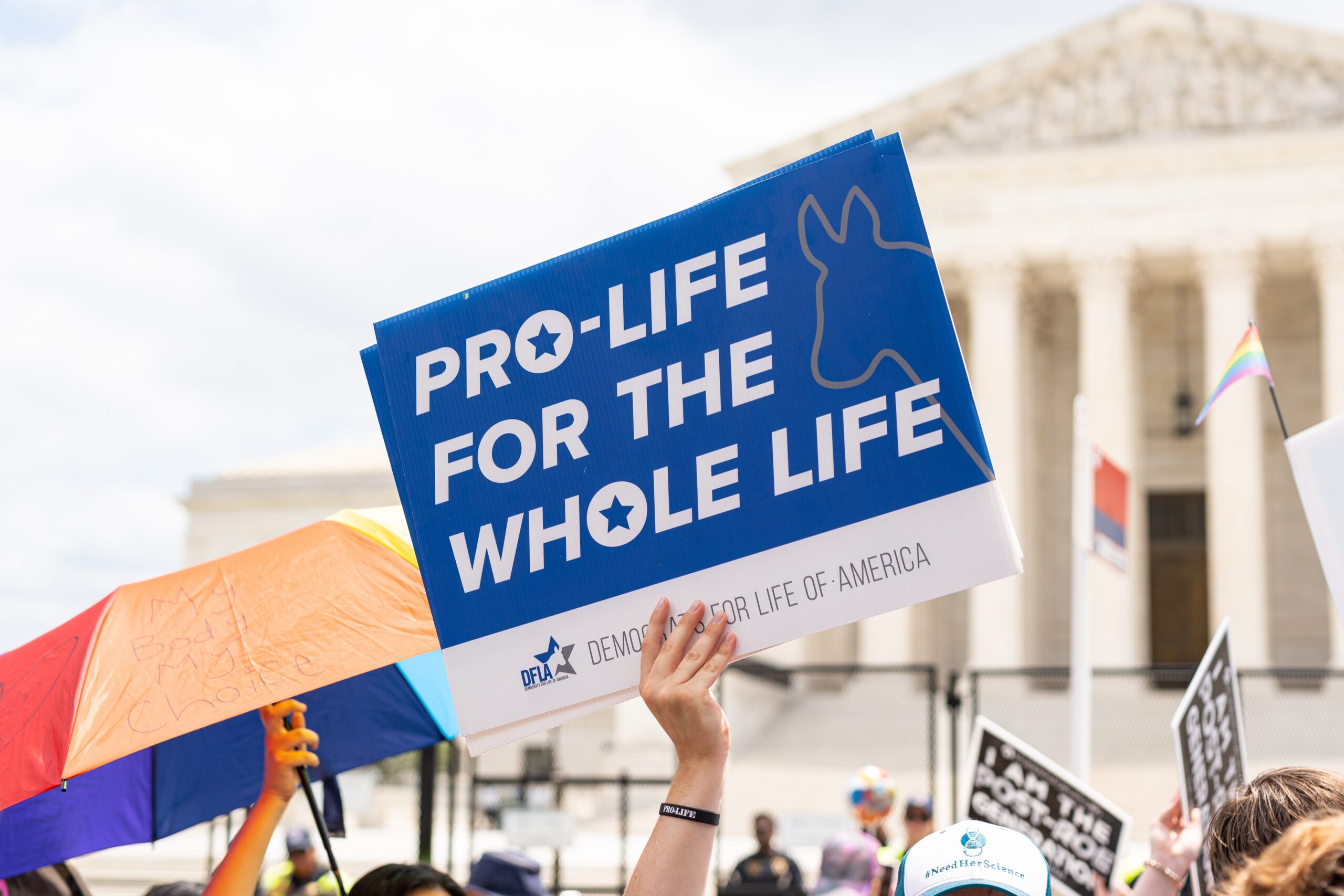
Abstinence-Only Education and Interest GROWING
A turn of events finds that abstinence-only education is back in fashion, apparently affirming the best case scenario for American evangelical conservatives. This is a counterpart to an aspect of the Clinton administration’s policies that is important but not widely talked about.
Within months of Bill Clinton’s second term, the federal government announced a new, massive funding stream to do precisely that, called abstinence-only sex education. Hundreds of millions of dollars in programs getting the message out that having sex before marriage “is likely to have harmful psychological and physical effects” — reported by the L.A. Times, March 1997 during Bill Clinton’s term These programs also promoted that abstinence from premarital sex was “the normal ideal” of human behavior.
Ironically, of course, the Clinton administration took a leadership role in arguing that not having sex (as they called it) “until marriage is the norm” -lending federal endorsement to abstinence as natural. Given the public furor over Clinton’s personal behavior, this view may seem surprising today.
At the time, particularly in the pre-Lewinsky era, it was not that surprising a thing to do. Since the Reagan administration there had been broad bipartisan support in Washington for the idea that young people should abstain from sex until they married.
What Democrats and Republicans were able to agree upon was that hookup culture is disease-carrying and sickeningly miserable for everyone. The consensus was that promoting abstinence until marriage would guarantee healthier and more satisfying lives. This bipartisan agreement mirrored similar societal anxieties over how sexual promiscuity affected public health generally and individual well-being specifically.
Even as discussions about sex education rage on, abstinence has begun to appeal to many in recent years. It is a revival that suggests the arguments Clinton pioneered in her 1996 book are still touching chords with any number of youths and their parents. To Christian conservatives, who have clung for years to arguments against sex ed and condoms despite evidence that they do not work, the re-emergence of teen pregnancy as a national issue is particularly gratifying.
This trend also points to a wider cultural re-evaluation (and in some cases, re-embrace) of traditional values.
The resurgence of abstinence education reminds us about the long and established place in American values, one that bears consideration when thinking about how we continue the conversation around sexual health and education. This change not only confirms the thoughts of Christian conservatives but also sets a grave tone on reviewing how previous policies shape present views and actions.






